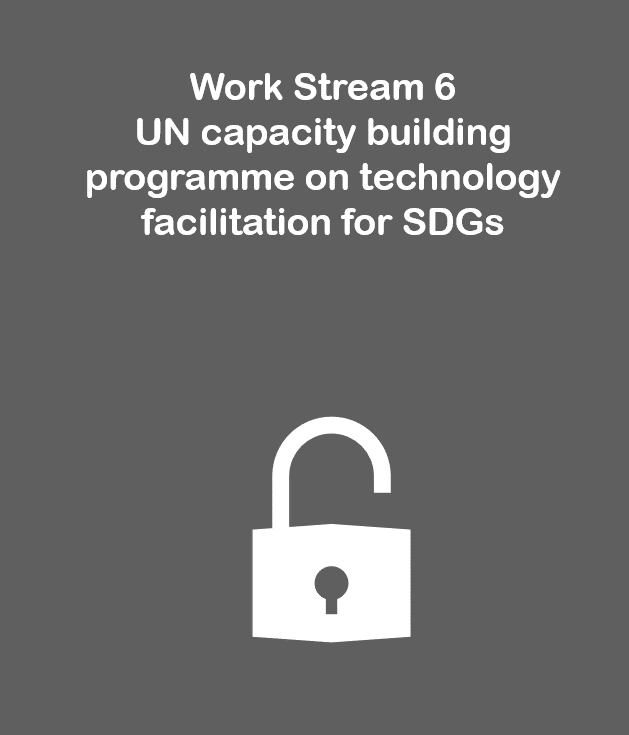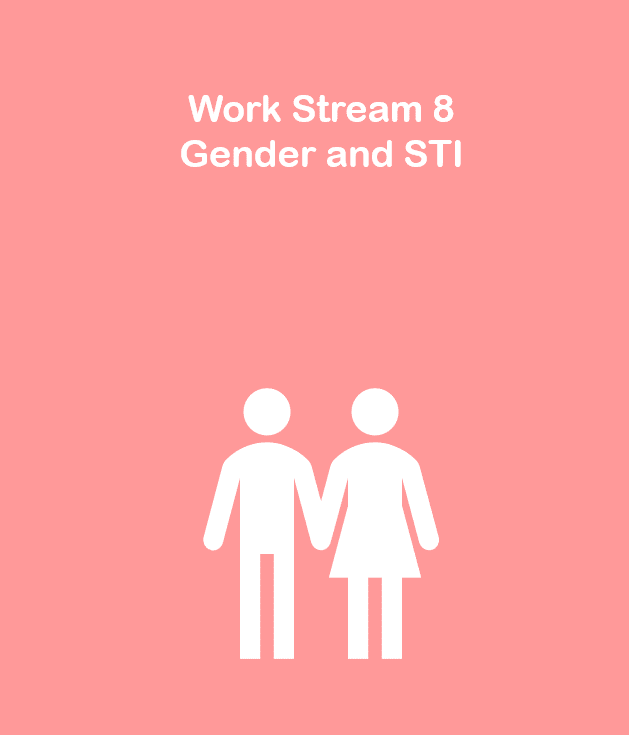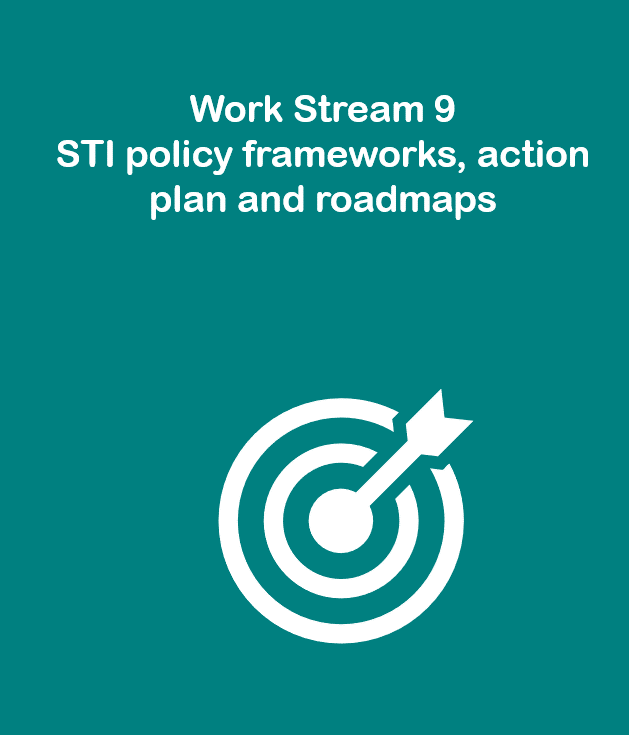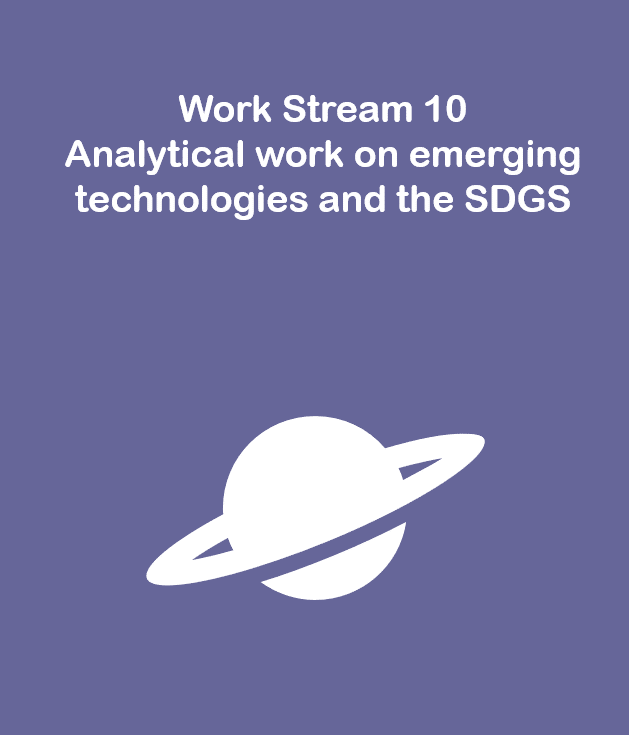Paragraph 70 of the 2030 Agenda for Sustainable Development announced the launch of a "Technology Facilitation Mechanism" (TFM) in order to support the implementation of the Sustainable Development Goals (SDGs).
Its goal is to facilitate multi-stakeholder collaboration and partnerships through the sharing of information, experiences, best practices and policy advice among Member States, civil society, the private sector, the scientific community, United Nations entities and other stakeholders.
Components of the TFM
UNCTAD's participation in the TFM
Together with UN DESA, UNCTAD co-organizes and contributes to the annual Multi-Stakeholder Forum on Science, Technology and Innovation for the SDGs (STI Forum)
UNCTAD's participation in the IATT
Work Stream 6: Capacity Building in STI for SDGs
UNCTAD co-chairs WS6 together with UNESCO. IATT WS6 is a collaborative activity of United Nations agencies, funds, programmes, regional commissions of the Economic and Social Council and additional partnerships outside the UN system.
IATT WS6 is currently supported by UNCTAD, UNESCO, UNIDO, UNU-MERIT, WIPO, UNDESA, UNEP, WB, ITU, UNESCWA, UNECA, UNECLAC, UNECE, and UNESCAP, and the European Commission's Joint Research Centre.
Since 2018 it has organized 4 webinars of which the last one was on On-line Training on Science, Technology and Innovation (STI) Policy and Policy Instruments for SDGs for the SADC Region.
Work Stream 8: Gender and STI
At the STI Forum 2021 UNCTAD contributed to four sessions, including preparing, commenting on substantive concept notes, and developing panela.
For the STI Forum 2022 UNCTAD worked to developing a panel for Special event on STEM and women.
Ongoing work includes to contributing to research on gender and participating in peer reviews.
Work Stream 9: STI policy frameworks, action plan and roadmaps
In an ongoing collaboration with DESA and other participating agencies including World Bank, UNESCO, UNIDO, FAO, UN-ESCAP, ESCWA, WIPO and UNSG Office of the Envoy on Technology, UNCTAD has contributed to the production of a guidebook on preparing STI for SDG roadmaps.
The guidebook is now being disseminated through the production of technical guides and piloting the preparation of roadmaps in several countries. Pilot roadmaps are also being prepared in collaboration with counterparts in Serbia, India and Ghana.
A technical guide on STI Roadmap on Technology Adoption/Innovation Ecosystems being prepared by the 10 Member Group while an online-learning course on STI for SDG roadmaps was launched in April 2022.
Work Stream 10: Emerging technologies
Major contributors from the UN system include colleagues of DESA, UNCTAD, UNU, ECLAC, ESCAP, ESCWA, UNIDO, ITU, ILO, WIPO, World Bank, as well as the International Council on Science and the Major Group on Children and Youth.
UNCTAD is co-producing with DESA an annual background report on "Emerging science, frontier technologies, and the SDGs - Perspectives from UN system and science and technology communities".
UNCTAD, ILO and DESA are producing a study on a human-based approach to STI for SDGs, which will examine the different roles, functions and actions human beings perform in a dynamic STI process.
UNCTAD is also coordinating a research project using firm-level innovation surveys in Ghana, South Africa, and Tunisia, concerning the deployment and use of frontier and emerging technologies.






